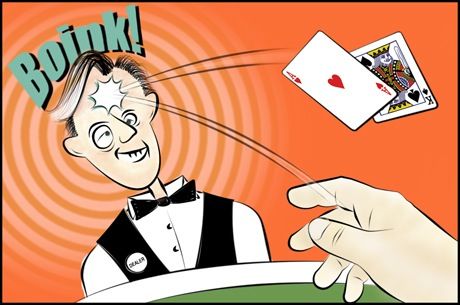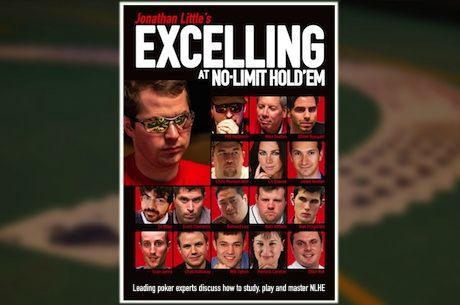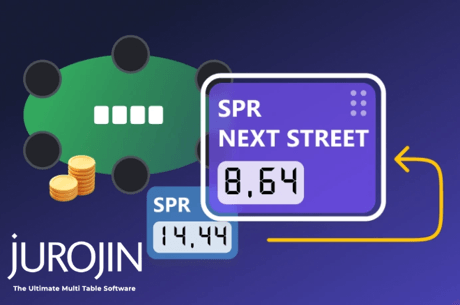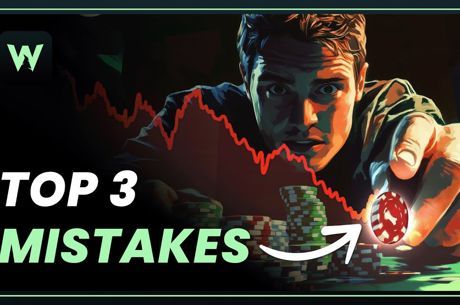Zero In on Your A-Game With Zen and the Art of Poker
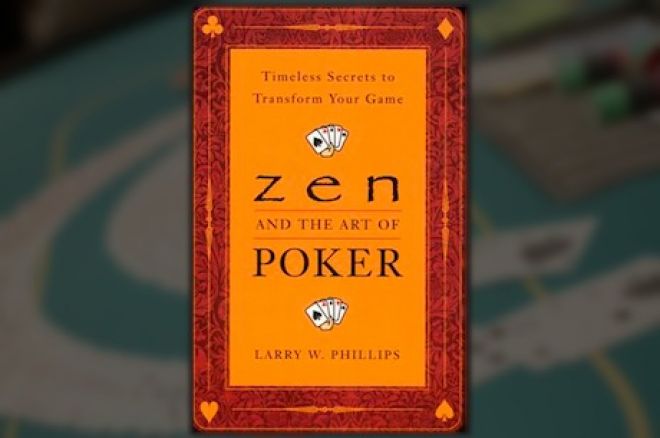
A few weeks back in “Practice Active Learning When Off The Felt” — I wrote about how to read a poker book. But I didn’t go into much detail about what to read. So let me address that now, with occasional posts on books poker learners should be reading as well as ones poker players will enjoy reading.
It may seem odd but the first book I’m going recommend is not a strategy book at all: Zen and the Art of Poker: Timeless Secrets to Transform Your Game by Larry W. Phillips. I believe it will do as much for your EV — EV as in “expected value” and “enjoyment value” — as any book you’re likely to read.
Now that’s a big claim for a small book, but I am confident about its worth. Zen and the Art of Poker is good for players of any skill level, including beginners. But it’s absolutely perfect for players with some experience, particularly if you’ve hit the inevitable rough patch... which you will do.
That’s when you’ll really need the advice contained in this book, which as its title suggests, applies principles of Zen Buddhism to the frustrating game of poker.
The Zen Mindset — Being In the Moment
For example, Phillips talks about concepts like awareness or “to be awake in the present.”
When you are aware, you are in the moment. Perhaps more importantly, you are not in that other moment, the one when your aces were cracked an orbit ago. Or the one when you were thinking about how much you hate the way the player in Seat 7 is his munching Buffalo wings. Or the one when you were feeling desperate to get unstuck from a difficult session.
When you are aware, you’re fully absorbed by this hand, by this street, by this bet, by this player. That’s a Zen mindset, and if you can achieve it, it will improve your game. And as the book makes clear, you can achieve. You practice Zen, you don’t master it.
Ego and Emotion
Being in the moment also helps you with the whole area of emotional control, a concept Phillips explores in depth and explores well.
A Zen player cultivates a degree of detachment, striving to separate his ego and self-esteem from the outcome of any particular hand or session. We’ve all seen players whose ego got them into trouble — players who let a bad hand or a bad run of cards turn into them into full-blown tiltboys, which always makes an already bad situation that much worse. Phillips draws a lot from Zen principles to help players handle emotional challenges.
Stepping Stones
Another of Phillips’s most compelling arguments is how mistakes and failures can and should be turned into opportunities for progress.
“Losses are not losses,” he writes, “but rather stepping-stones toward future correct play.... Failure, by its nature, moves us in another direction, away from failure.... We need to treat these lessons neutrally. Simply learn from them."
What Phillips is describing is exactly what the best players do, in any kind of game or in any kind of sport — they learn from their mistakes.
If a book about Zen and poker strikes you as ridiculous, let me make an assertion: Assuming your fundamentals are reasonably sound, your mental approach to poker will be far more important to your ability to win in the long run. This book will help, and its wisdom has application to most of the rest of your life as well. (You do have a “rest of your life,” right?)
Get all the latest PokerNews updates on your social media outlets. Follow us on Twitter and find us on both Facebook and Google+!

